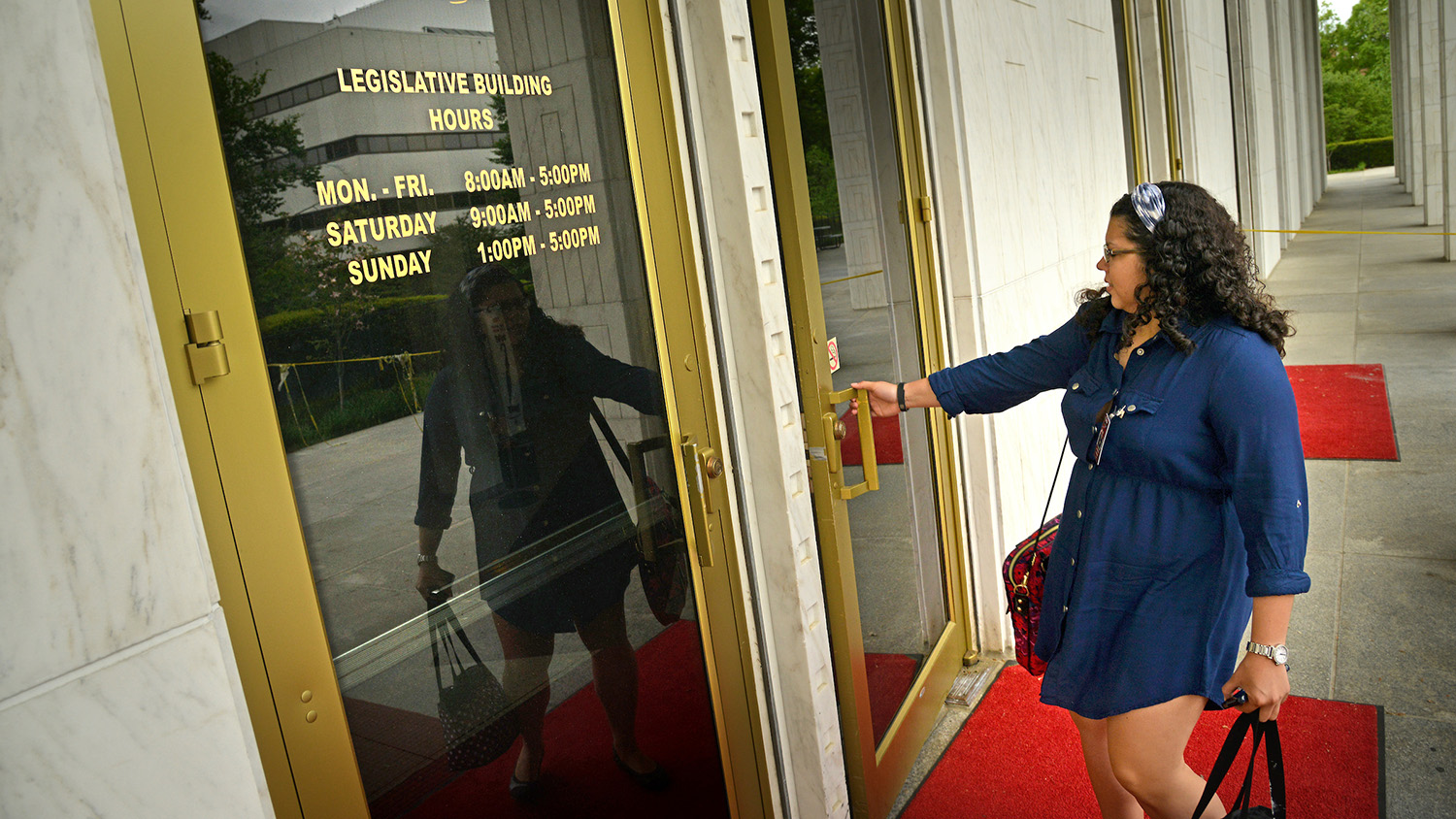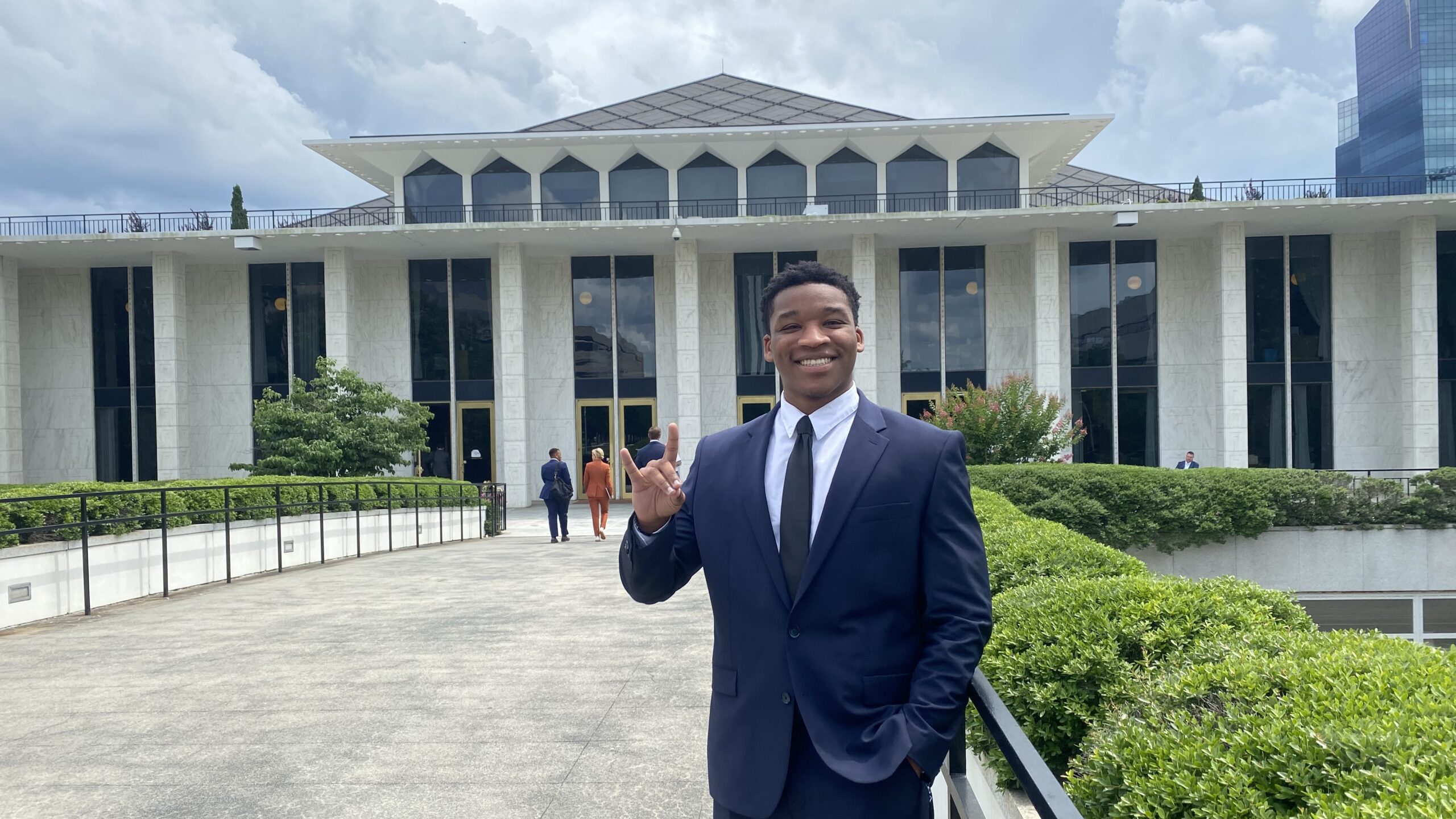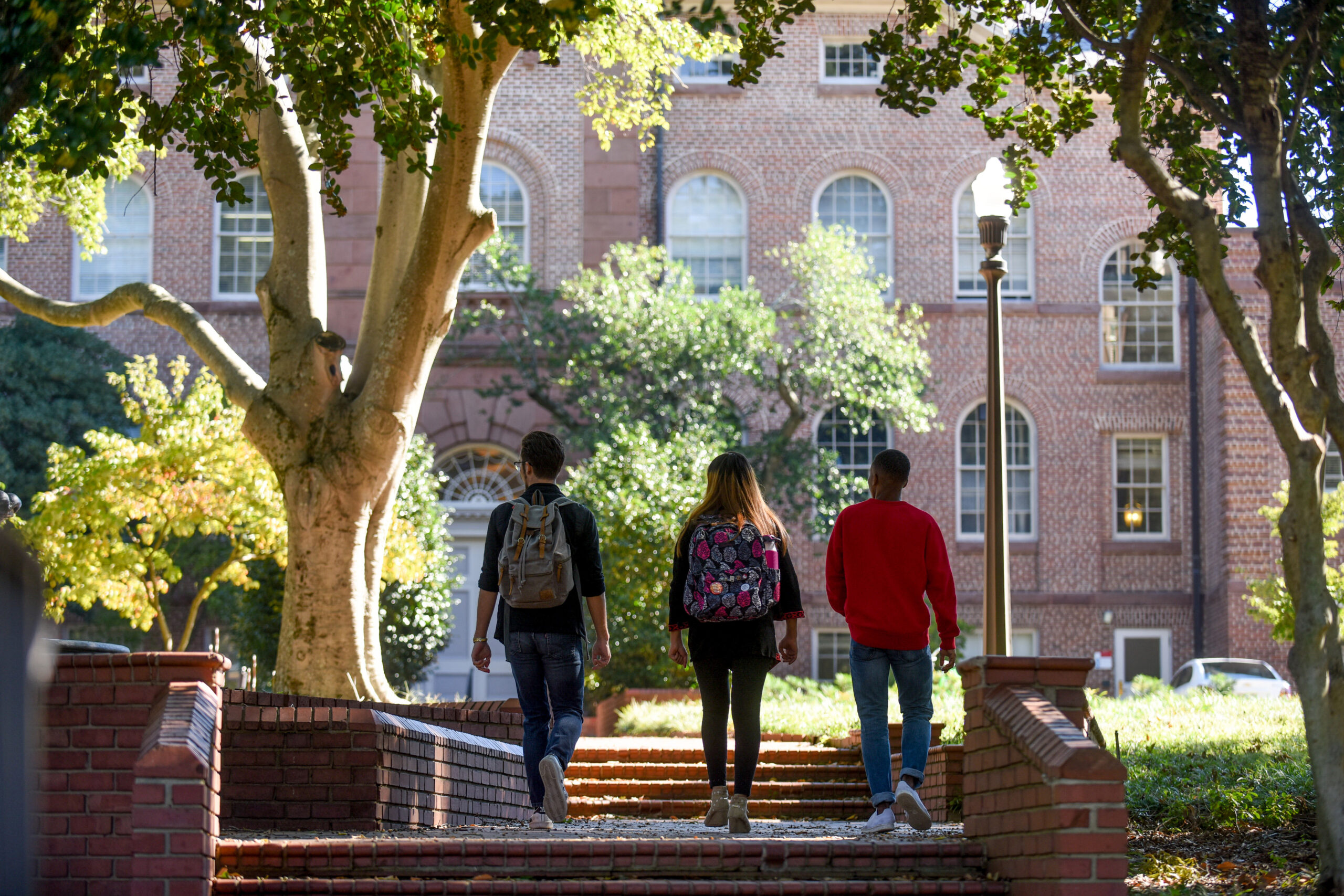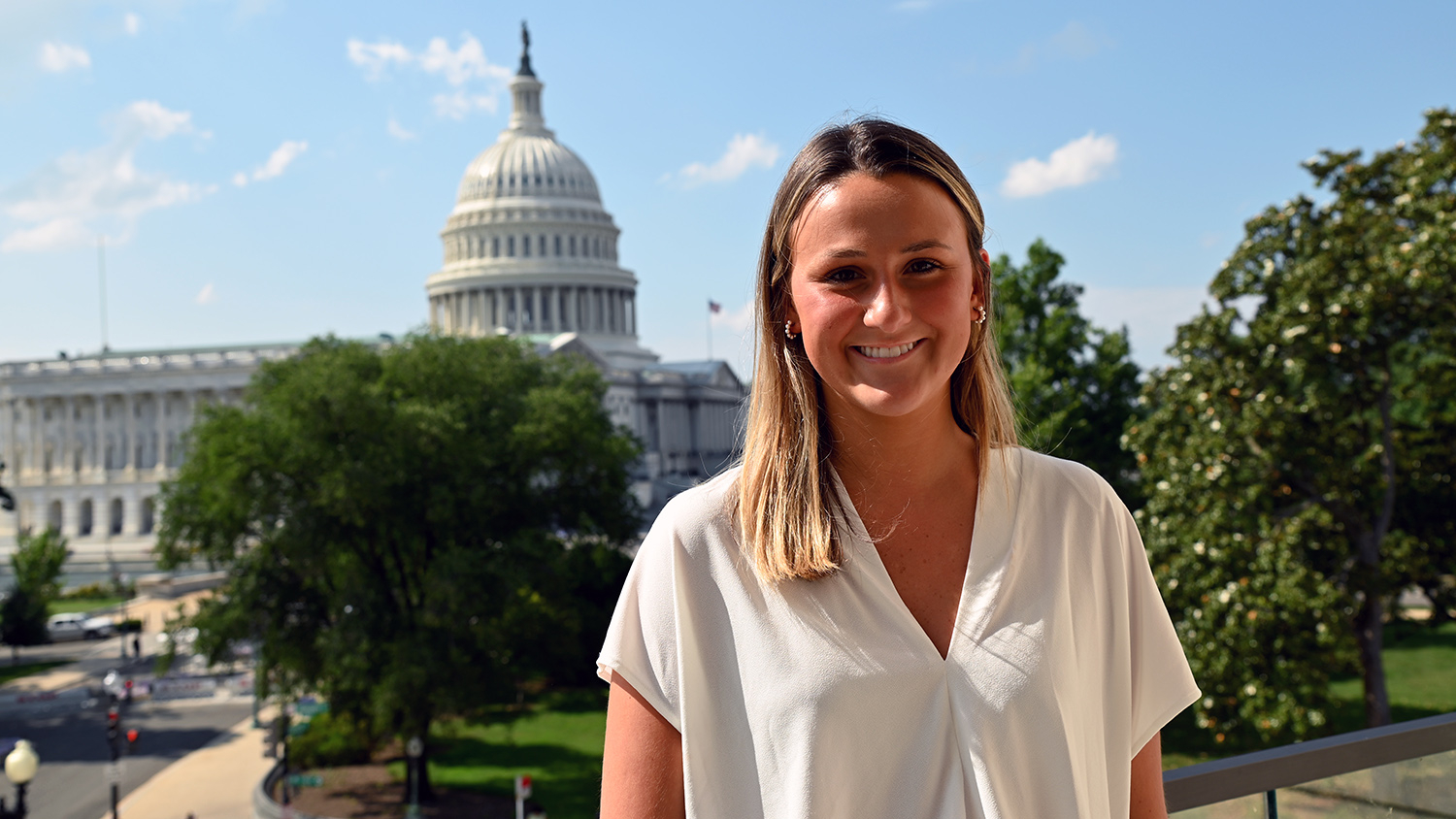An internship is an integral part of the college experience and an important part of the degree program within the School of Public and International Affairs. By working in a pre-professional position that provides intentional learning objectives, students apply classroom knowledge to real-world situations, solidify interest in a field of study, and develop workplace skills and a professional network.
“Internship opportunities are crucial for students who are interested in the practical application of political science, whether they plan to pursue a legal career, nonprofit management, or government and policy work,” said Associate Professor Jim Zink. “Just as important, it can also give students a real glimpse into how the profession actually operates and put them in a better position to judge whether that career path is really for them.” Professor Zink teaches PS 391, Internship in Political Science, a professionalization course for students who obtain college credit during their work experience.
“With many federal, state and local government offices in our area, as well as lobbying, non-profit and issue advocacy groups, there are a wealth of internship opportunities in Raleigh,” added Michael Struett, Associate Professor and Chair of the Department of Political Science. Summer is also a great time to complete a full-time internship in another city or overseas. The department has two alumni-funded scholarships that help students meet the extra costs associated with unpaid internships or those in Washington, D.C..
Meet seven School of Public and International Affairs students who completed summer internships and learn about the variety of career paths they explored.
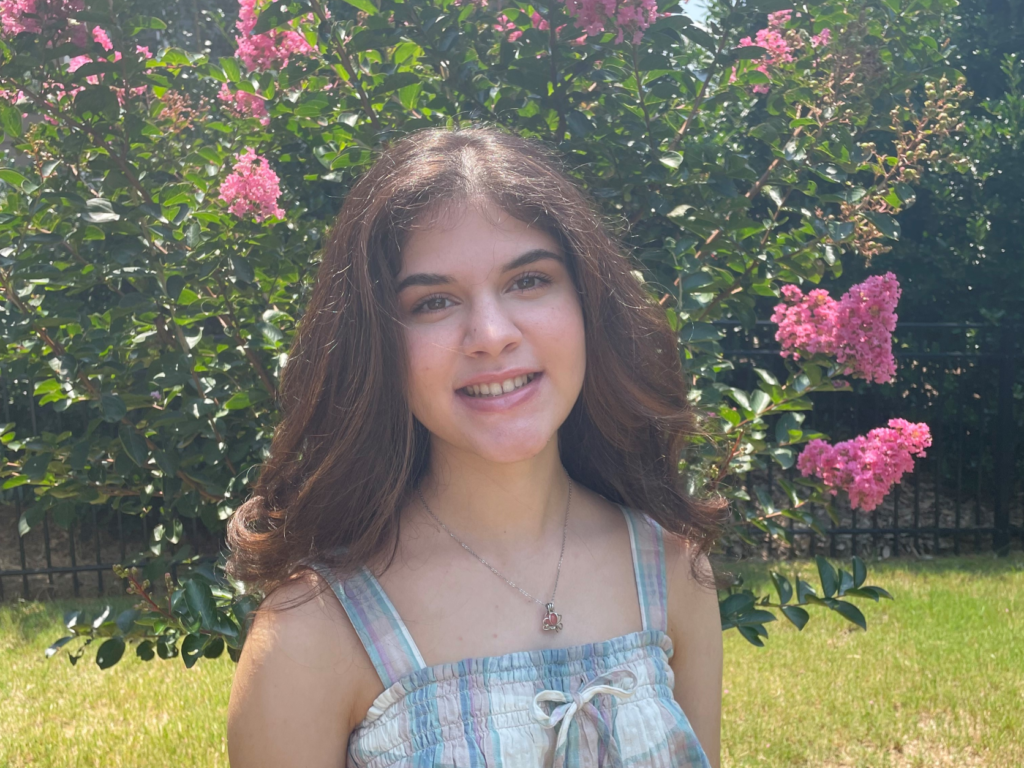
Maria Almeida (‘24)
Degree: B.A. in political science with a concentration in American politics; minors in journalism and women’s and gender studies
Internship: Ready for School, Ready for Life (Ready, Ready), Greensboro, NC
What did you do in this internship?
At Ready, Ready, I interned with the Network Team, which focuses on community alignment and assisting young children and their families in the Guilford County area. I worked on developing the Agency Finder, which is a support tool to simplify the referral process and provide families information on mental health, food, and dental resources in Guilford County. I witnessed firsthand how much work happens behind the scenes in nonprofits.
What is the most valuable thing you learned during the course of this internship?
I learned that you have to be open to trying new things and tackling them with a good attitude. When working as a team, it is important to communicate effectively, in order to adapt to different circumstances and get the job done efficiently and correctly.
How has this experience affected what you’ll do next?
This internship has shown me how much work goes into running nonprofit organization. I am definitely considering working in the nonprofit field because of the great experiences from this internship.
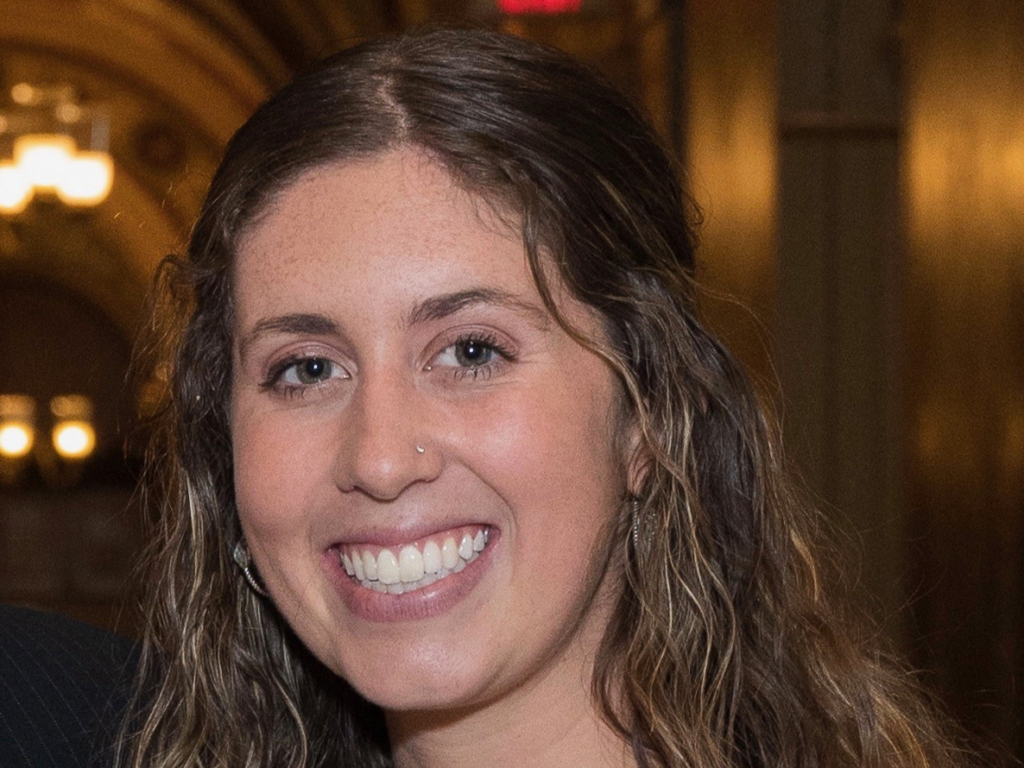
Isabel Chiseck (‘23)
Degree: B.A. in political science, minor in Spanish
Internship: Office of Senator Richard Burr, Washington, D.C.
What is the most valuable thing you learned during the course of this internship?
So many times the media depicts the government as largely ineffective, especially portraying Republicans and Democrats as unable to work with one another. I did not experience any of this tension with the majority of the work that went on. There are a plethora of committees and subcommittees filled with both parties who meet every day, and have positive, meaningful discussion on how to best serve the needs of both the people in their home states, and the United States as a whole. It taught me that while there may appear to be little to no compromise occurring on Capitol Hill, there is much more going on than one might think.
Did your academic coursework contribute to your internship success?
My coursework helped tremendously in providing me a knowledge base about the policy process, but it is one thing to read and discuss it, and quite another to see it in action. Having an in person internship on Capitol Hill completely expanded my understanding of how the different committees and subcommittees work on policy and how legislation is created and passed. I developed a deeper understanding of the process and a perspective that I will continue to build on.
How has this experience affected what you will do next?
My experience in Washington reinforced my passion for having a career associated with law, especially in regards to Immigration Law and Policy. At the same time, I was exposed to alternate paths I had not previously considered, but are equally exciting. I am going to take the Foreign Service exam and hope to return to a fulltime job in D.C. after graduation.
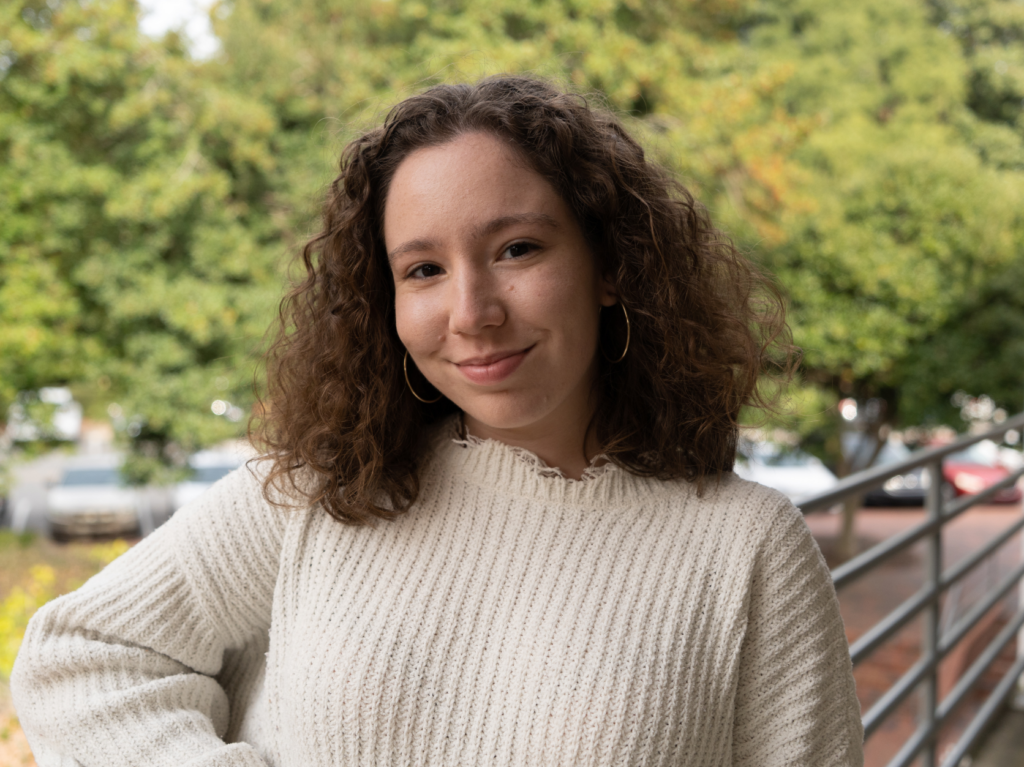
Sophia Gillette (‘22)
Degree: B.A. in political science; minor in environmental science
Internship: RR Campaigns, Cary, NC
What did you do in this internship?
RR Campaigns specializes in political strategy and communication. I worked on a variety of campaign activities for candidates running in North Carolina races. I research policy priorities, managed social media for candidates, and staffed campaign events. I was also able to work closely with one candidate who prioritized environmental policy.
What is the most valuable thing you learned during the course of this internship?
I learned about the inner workings of a campaign, how to quickly adapt to changes, and to come up with new solutions. I also discovered that I like policy researching, analyzing, and consulting, but I don’t think I will make a career of campaign work. This experience confirmed my passion for environmental policy and helped me develop a deeper understanding of the climate crisis.
What advice do you have for students considering a similar experience?
You have to take in the whole experience, both the things you like about the job and the things you do not like, and learn from it. The whole experience is valuable and exciting.
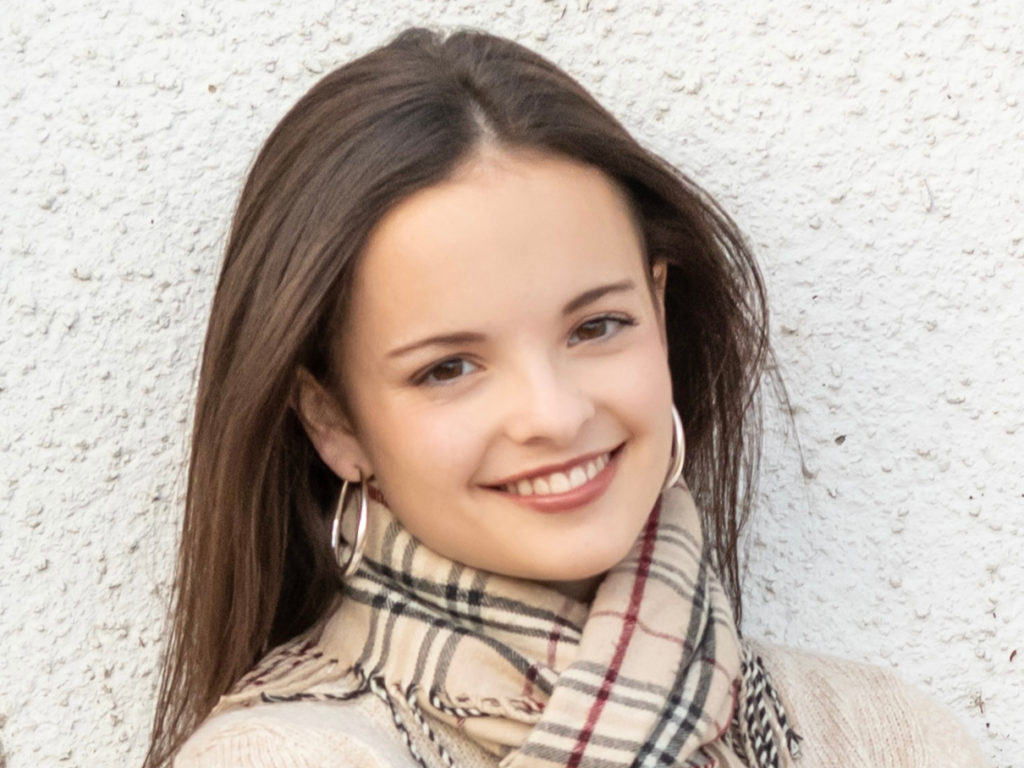
Elizabeth McKay (‘25)
Degree: B.A. in political science; minors in economics, German and international studies
Internship: The Town of Cary, Cary, NC
What did you do in this internship?
I worked for the town manager and assisted a variety of departments. Some of the projects I worked on included: analyzing construction and inflation trends to better predict bidding amounts for capital projects; researching all of the town’s innovations since 1970 in order to create an organized timeline for the website; and researching organizational behavior data for a curbside compost program.
How has this experience affected what you’ll do next?
It has developed my passion for budget management and confirmed my understanding that the work of local government helps people. I’ve also learned a lot about many different ways local governments serve their citizens.
Did your academic coursework contribute to your internship success?
Absolutely. Econ 101 was very helpful when I sat in financial meetings. My political science classes provided me with a solid understanding of the fiscal year and the roles of town councils and public administration management.
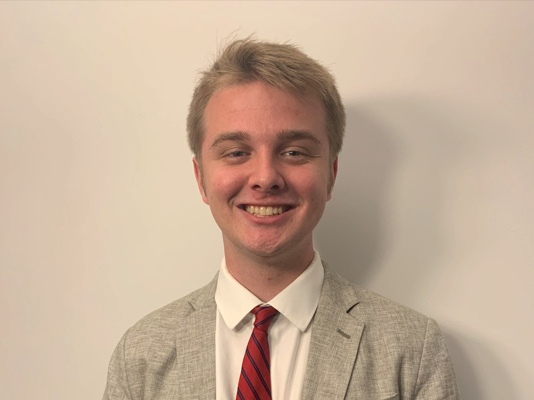
Seth Morton (‘24)
Degree: B.A. in political science; minors in economics and psychology
Internship: Justice Lucy Inman’s NC Supreme Court Campaign, Raleigh, NC
What did you do in this internship?
My main responsibility was to conduct political research on individual counties within NC and their voting habits. Specifically, I researched potential donors and sponsors. Through this work, our team was able to devise an overall strategy for specific regions of the state. I also worked with our team to organize, staff, and run fundraising and campaign events.
What is the most valuable thing you learned during the course of this internship?
It is extremely interesting to observe the different factors that contribute to a well-functioning political campaign. Campaigns are definitely team efforts; everyone has an important role to play, no matter the position. It has also placed what I am learning in school in a real-world context.
How has this experience affected what you’ll do next?
This internship experience has solidified my passion for politics. It is extremely interesting to observe the different factors that contribute to a functioning political campaign. Even things that may seem insignificant, such as various font types, are important.
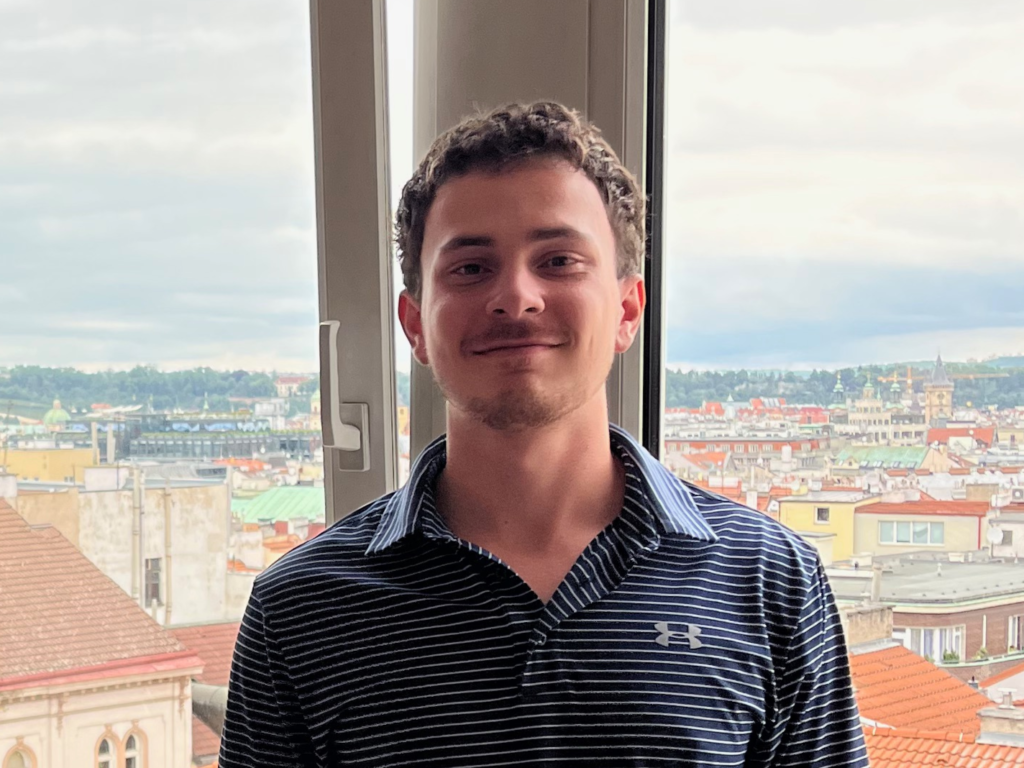
Nicholas Ristaino (‘24)
Degree: B.A. in political science and B.S. in business administration
Internship: Czechinvest, Prague, Czech Republic
What did you do in this internship?
I was responsible for analyzing similarities and differences between the Czech Republic, United States and EU businesses and political systems. One project I worked on reviewed technology transfer in the United States compared to the Czech Republic. For this, I analyzed policies in each countries that allow them to create partnerships between federal labs, universities and companies.
Did your academic coursework contribute to your internship success?
Much of my coursework applied directly to what I was doing at Czechinvest. For example, my classes in comparative politics, research methodology, and U.S. foreign policy taught me how to look at different political systems in terms of policies, economies, and government structures. Also having research skills allowed me to create a better work product.
How has this experience affected what you’ll do next?
From this internship, I realized that I want to pursue a career within the international sector. At Czechinvest, I have had the ability to meet with different embassies and international companies and have learned a lot how multinational corporations function.
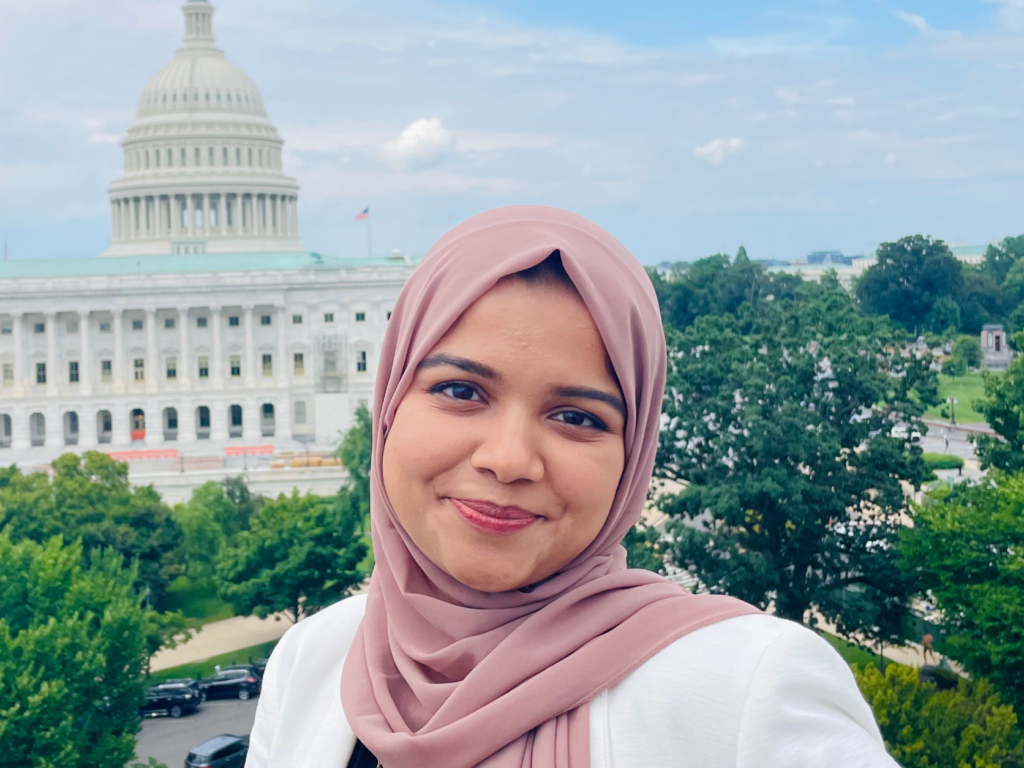
Sinthia Shabnam (’19, ’23)
Degree: M.A. in public administration
Undergraduate Degrees: B.A. in political science and B.A. in sociology (NC State)
Internship: Office of Reprehensive Ilhan Omar, Washington, D.C
What did you do in this internship?
I drafted correspondence, responded to constituent inquiries, monitored hearings. I also developed research drafts, policy memos, and constituent letters on education, labor, and foreign affairs related policy issues.
What is the most valuable thing you learned during the course of this internship?
I learned that policy change can be immediate or it can take months. Whether fast or slow, being a part of the policy-making process is powerful, impacts human life, and can work towards a better America, society, culture, and shared humanity. Another major thing I learned is to take what you see in the media with a grain of salt as every media platform has an agenda to fulfill. I met many elected officials who were completely different in real life from what they were portrayed as in the media. I was truly reminded of how human we all are.
How has this experience affected what you’ll do next?
It was so special for me to work for the first Muslim woman elected to the U.S. Congress. Working in the office of someone who looks like me and has a variety of diverse identity backgrounds made me realize how difficult, but also rewarding it can be to be in a position of policy change, in addition to being the representation. If I ever run for office, I want to bring more compassion to public policy. We need diversity in representation—both behind and in front of the scenes—to have a well-integrated society that is there for everyone.
What advice do you have for students considering a similar internship experience?
I would highly encourage applying to such an experience early on, it is often said that a Congressional internship can affirm your interest in federal government or turn you away from it, and that is okay!
- Categories:
